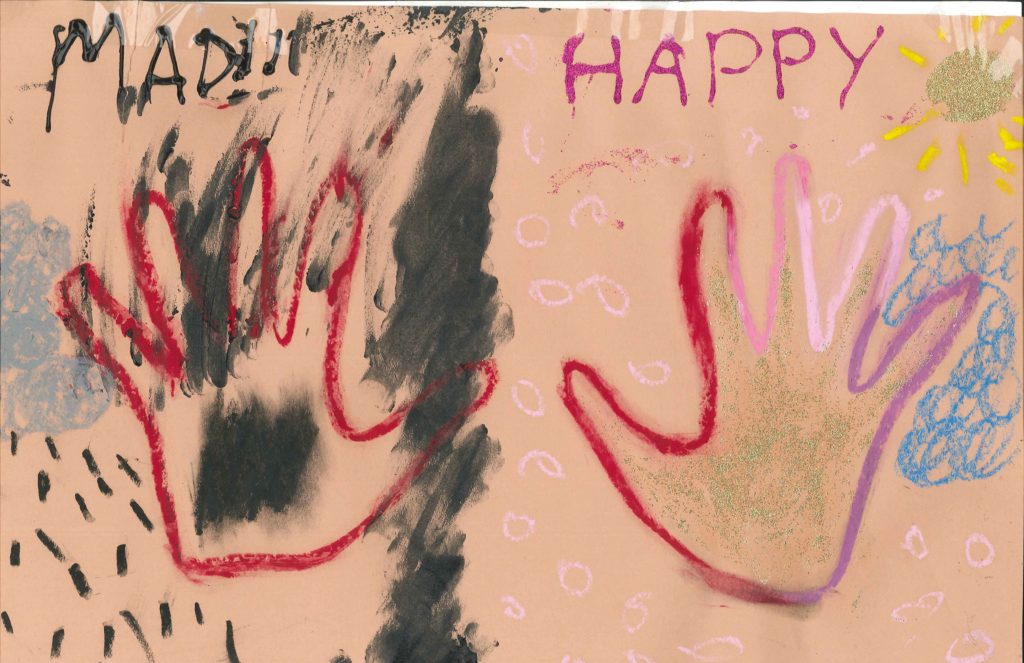
October 2018
Increasing Awareness & Understanding to Better Support Survivors
“Children are not just eye witnesses to domestic abuse—they are actively involved in trying to understand the abuse, predicting when it will happen, protecting themselves, their mother or their siblings, and worrying about the consequences. The focus on day to day survival may leave little room for fun and relaxation, or meeting basic needs. They grow up in a climate of anxiety, vigilance, helplessness and unpredictability; what they need is structure, to be nurtured, and to have emotional and physical safety.” (Wisconsin Department of Children and Families Domestic Violence Handbook-2010).
Studies have shown that over half of the women who experience intimate partner violence have children under the age of 12. These children grow up in an environment that is unpredictable, filled with tension and anxiety and dominated by fear. A child is aware and directly impacted by any exposure to domestic abuse, even when they are still in the womb. Often, these children have also been directly harmed. It’s estimated that 30 to 60 percent of parents using violence toward their partner also abuse the children in the household.
The Impact
Witnessing violence between parents or caretakers is the strongest risk factor for transmitting violent behavior into future generations. Yelling and hitting by one parent to another may cause children to think this behavior is okay and it may occur in their own relationships as they grow older. In fact, boys who witness domestic abuse are twice as likely to abuse their own partners and children when they become adults.
Not all children exposed to violence are affected in the same way. However, children exposed to domestic abuse often experience the following:
- Increased aggression
- Anxiety, fear, confusion, grief and lack of trust
- Isolation and regression
- Bed-wetting and nightmares
- Attempts to assume adult roles
- Self-blame, guilt, shame and self-destruction
- Developmental delays, including harm to their brain development and impaired cognitive and sensory growth
- Greater risk for personality and behavioral problems, and damaged social development



Services for Children at Emerge!
At Emerge, we serve more than 600 children a year and roughly half of those staying in our emergency shelter at any given time are children. As such a vulnerable population, it’s critical that children who have witnessed domestic abuse have access to support services to help them heal. Listening to them, nurturing them and creating a safe environment will help children feel safe and heal. The goal of Emerge family services is to provide a holistic approach to recovery, which includes:
- Family services that help children strengthen emotional bonds with their non-abusing parent and siblings
- Constructive, healing discussions about the abuse that they have witnessed
- Pet and art therapy sessions
- Age appropriate vocabulary to discuss the issue, as finding words to explain feelings around a traumatic experience is often difficult for children
- Activities that display healthy relationships and lessen the child’s chances of becoming a part of the cycle of abuse
